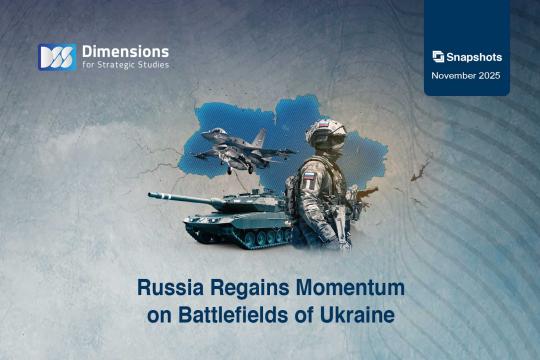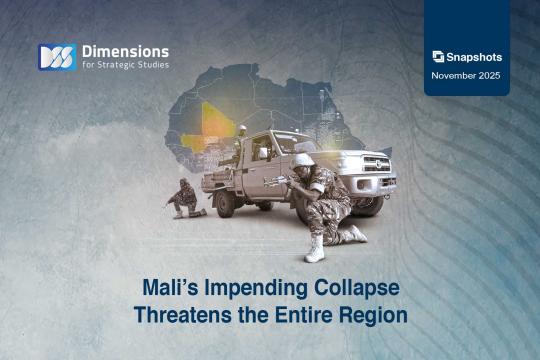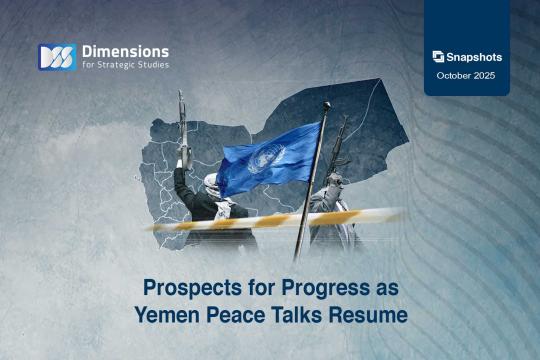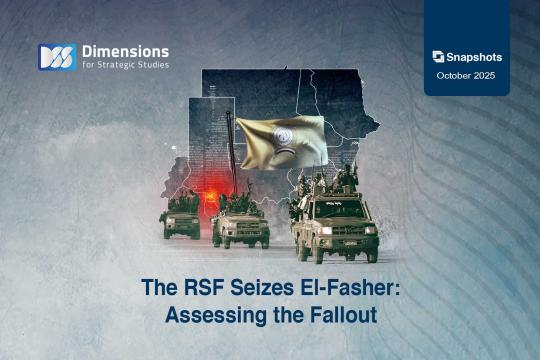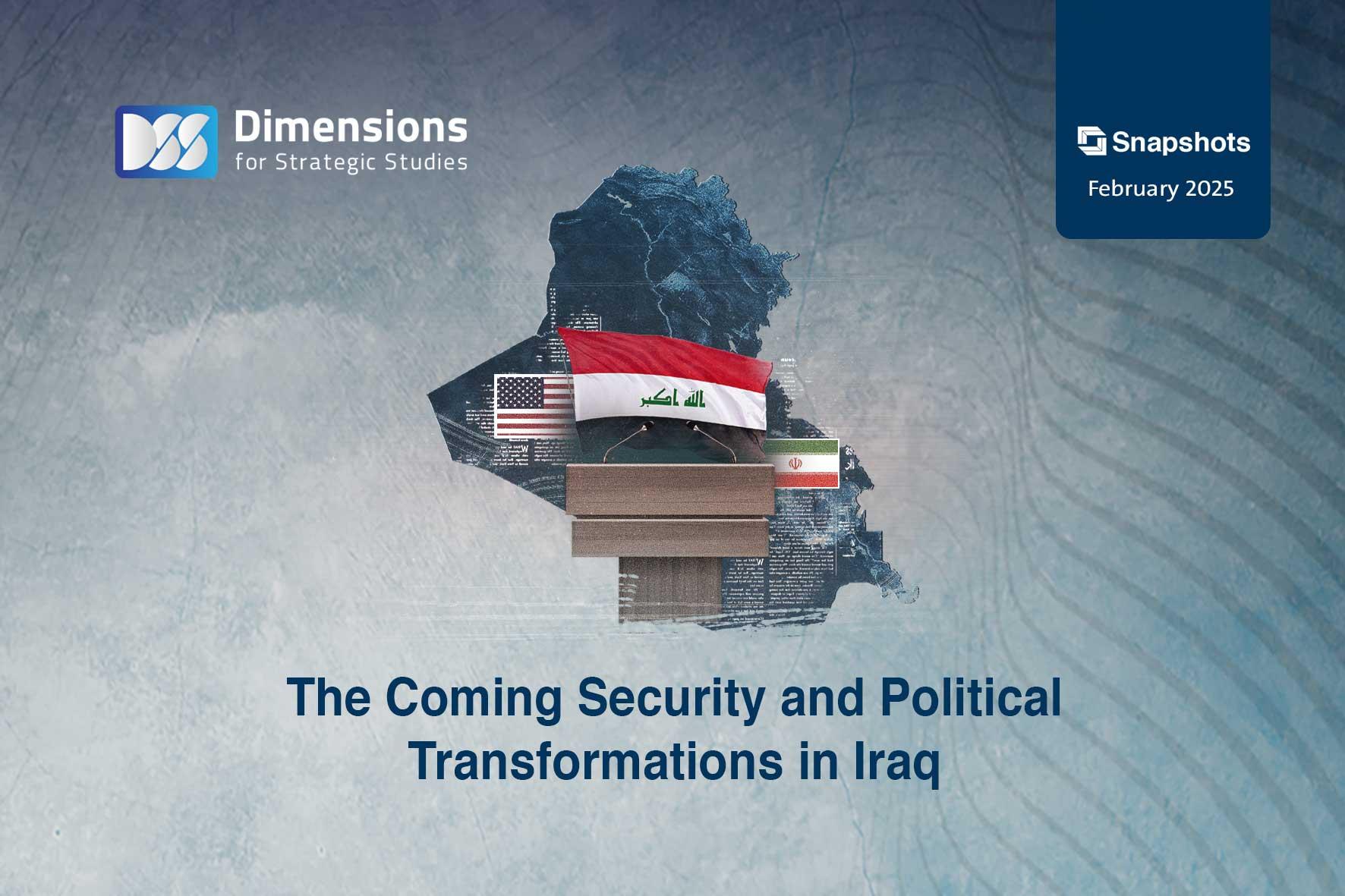
The Coming Security and Political Transformations in Iraq
2025-02-107150 view
The entangled web of interests joining Iraq’s main political and security actors is undergoing a complex transformation due to the dramatic shift in Iran’s regional role in recent months. Nowhere is Iran’s influence clearer than in its western neighbor, and Tehran’s setbacks elsewhere have strengthened its resolve to support certain political and military forces, primarily the Coordination Framework and the Popular Mobilization Forces (PMF) paramilitary coalition.
The entangled web of interests joining Iraq’s main political and security actors is undergoing a complex transformation due to the dramatic shift in Iran’s regional role in recent months. Nowhere is Iran’s influence clearer than in its western neighbor, and Tehran’s setbacks elsewhere have strengthened its resolve to support certain political and military forces, primarily the Coordination Framework and the Popular Mobilization Forces (PMF) paramilitary coalition.
Iran has been deeply involved in Iraqi politics for decades, but Washington’s pressure on Tehran and its allies in the region, which is expected to ratchet up under the new administration of President Donald Trump, has prompted it to take precautionary steps to preserve its influence. While these moves are consistent with the challenges it faces, they are likely to include rolling back its security and economic commitments in Iraq.
Members of the Coordination Framework coalition are searching for ways to preserve their influence and their network of interests, a process that has ultimately led to talk of dissolving part of the PMF, despite the latter being a key source of protection for the current Iraqi regime. That such debates are underway indicates that Iraq is likely to see further political and security transformations.
These actors will of course seek to avoid compromising their gains and influence, but Iraq may see other forces return to greater influence—notably the Sadrist movement. This will become clear after parliamentary elections scheduled for late 2025.
The shift is also likely to affect PMF structures linked, directly or indirectly, to certain leaders of Coordination Framework members, such as the State of Law Coalition’s chief Nouri al-Maliki, and the leader of Asa’ib Ahl al-Haq, Qais Khazali. Thus, any change to the influence of the Framework will necessarily be reflected in the PMF’s members. However, the latter will not likely be dissolved completely—rather, they will be restructured and reorganized, with their members potentially disarmed.
As for the Iraqi government, it likely to adjust its relationship with PMF members to reduce their tendency to use their influence and ties with Tehran to impose their will on the government and prevent it from performing its duties. The PMF’s declining influence over the government may prompt the state to fall in line with American pressure aimed at weakening Baghdad’s ties with Tehran.
Overall, Iraq is likely to see accelerating changes as accelerate as local actors maneuver ahead of the upcoming elections. Each party is seeking, in one way or another, to formulate policies that will allow it to weather the changes that are underway. This dynamic could create a domestic conflict, or at least, a period of political instability accompanied by weakness in the state’s security structures.


